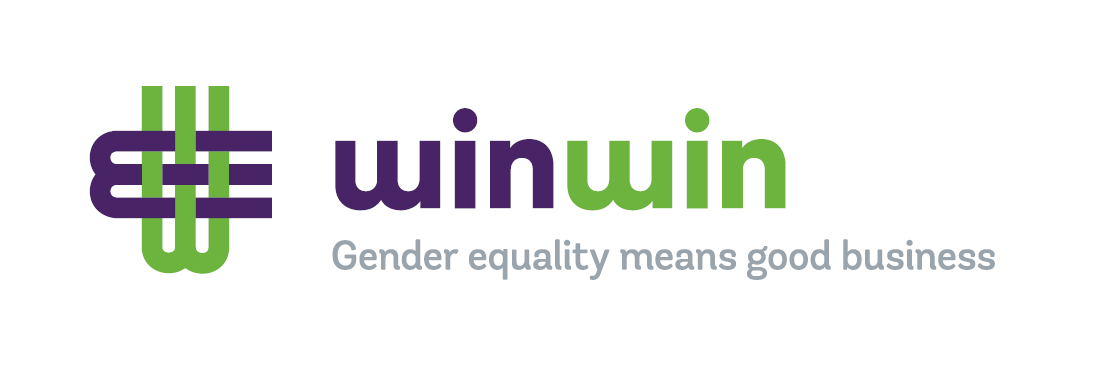Companies are pivotal to promote gender equality
Brazil hosts representatives of Latin American and Caribbean countries and the European Union to discuss gender equality within companies and other institutionsDate:

The promotion of women in leadership positions, the gender pay gap - which can reach 30% on average -, social responsibility to support women in communities and the role of companies to eliminate violence against women are some of the issues that are beginning to come increasingly into the pattern of discussions of important companies and institutions in the public and private sectors.
In an unprecedented partnership, UN Women, the International Labor Organization (ILO) and the European Union will promote a series of debates to sensitize important business sectors. The objective is to increase and strengthen the commitment to gender equality in the private sector and the implementation of policies for the women´s economic empowerment.
The space chosen to guide these issues and bring together important executives and experts from Latin America, the Caribbean and the European Union will be the 2018 WEPs Forum. In its third edition, the event will take place in São Paulo, 29th and 30th of August. The "WEPs" or the Women's Empowerment Principles, is an initiative of UN Women and UN Global Compact that guides companies in actions to achieve gender equality through the empowerment of women.
For the representative of UN Women in Brazil, Nadine Gasman, the realisation of equality between women and men is an urgent challenge and demands indicators of progress. "In the world, almost 2,000 companies are committed to make necessary changes so that women can develop their full productive potential in the world of formal work. Brazil has 172 companies mobilized and this network has been inspiring the mobilization in other countries of Latin America and the Caribbean, so that they can promote the empowerment of women in their work place, value chains and community”, she says.
Win-Win Programme
During the WEPs 2018 Forum, the Win-Win Programme: Gender Equality means Good Business - an initiative of UN Women in partnership with the ILO and the European Union to promote gender equality through the private sector - will be launched. In addition to increasing economic empowerment, the Programme seeks to guide women's leadership for sustainable, inclusive and equitable growth, advancing the responses of the private sector to achieve the Sustainable Development Goals (SDGs) in Latin America and the Caribbean.
The project aims to allow the full and equal participation of women in society and focuses on the following aspects: strengthening the leadership of women in business and their participation in the workforce; reduction of the gender pay gap; decent job; entrepreneurship; autonomy and economic empowerment.
The initial consultations and the specificities of each country define different priority activities according to each scenario and establish an intersectional perspective. The Win-Win Programme is implemented in collaboration with European Union companies and networks in six countries: Argentina, Brazil, Chile, Costa Rica, Jamaica and Uruguay.
WEPs
The Women's Empowerment Principles (WEPs) were created by UN Women and the UN Global Compact in 2010 and are the main platform of the Win-Win Programme. WEPs provide companies the opportunity to implement explicit measures, adopt policies and invest in the promotion of gender equality in the workplace, the marketplace and the community.
The seven Women's Empowerment Principles are:
- Establish high-level corporate leadership for gender equality;
- Treat all women and men fairly at work - respect and support human rights and nondiscrimination;
- Ensure the health, safety and well-being of all women and men workers;
- Promote education, training and professional development for women;
- Implement enterprise development, supply chain and marketing practices that empower women;
- Promote equality through community initiatives and advocacy;
- Measure and publicly report on progress to achieve gender equality.